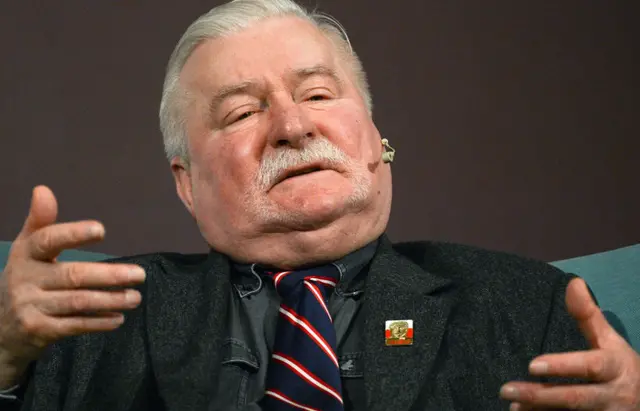Doctors are using Snapchat to send patient scans to each other, a panel of health and tech experts has found, concluding the “digital revolution has largely bypassed the NHS”.
Clinicians use camera apps to record particular details of patient information in a convenient format, the panel said in a report, describing it as “clearly an insecure, risky, and non-auditable way of operating, and cannot continue”.
It also notes that the NHS still holds the “dubious” title of the world’s largest purchaser of fax machines.
The report was commissioned by DeepMind Health (DMH), which is owned by Alphabet, the parent company of Google, for an annual independent review of the company’s work. DMH’s work involves introducing and testing new technology for the NHS.
This week the Information Commissioner’s Office (ICO) found that London’s Royal Free hospital failed to comply with the Data Protection Act when it handed over personal data of 1.6 million patients to DMH.
In its review, the panel, chaired by former Liberal Democrat MP Dr Julian Huppert, said: “The digital revolution has largely bypassed the NHS, which, in 2017, still retains the dubious title of being the world’s largest purchaser of fax machines.
“Many records are insecure, paper-based systems which are unwieldy and difficult to use. Seeing the difference that technology makes in their own lives, clinicians are already manufacturing their own technical fixes.
“They may use Snapchat to send scans from one clinician to another or camera apps to record particular details of patient information in a convenient format."
“It is difficult to criticise these individuals, given that this makes their job possible. However, this is clearly an insecure, risky, and non-auditable way of operating, and cannot continue.”
The panel also features Richard Horton, editor-in-chief of the Lancet, the medical journal, Prof Donal O’Donoghue, a consultant renal physician at Salford Royal hospital and Matthew Taylor, the chief executive of the Royal Society for the Encouragement of Arts, Manufactures and Commerce (RSA).
The ICO ruling against the Royal Free hospital was related to its plans with DMH to create the healthcare app Streams, an alert, diagnosis and detection system for acute kidney injury.
The ICO’s ruling was largely based on the fact that the app continued to undergo testing after patient data was transferred. Patients, it said, were not adequately informed that their data would be used as part of the test.
(THE GUARDIAN)
 简体中文
简体中文

